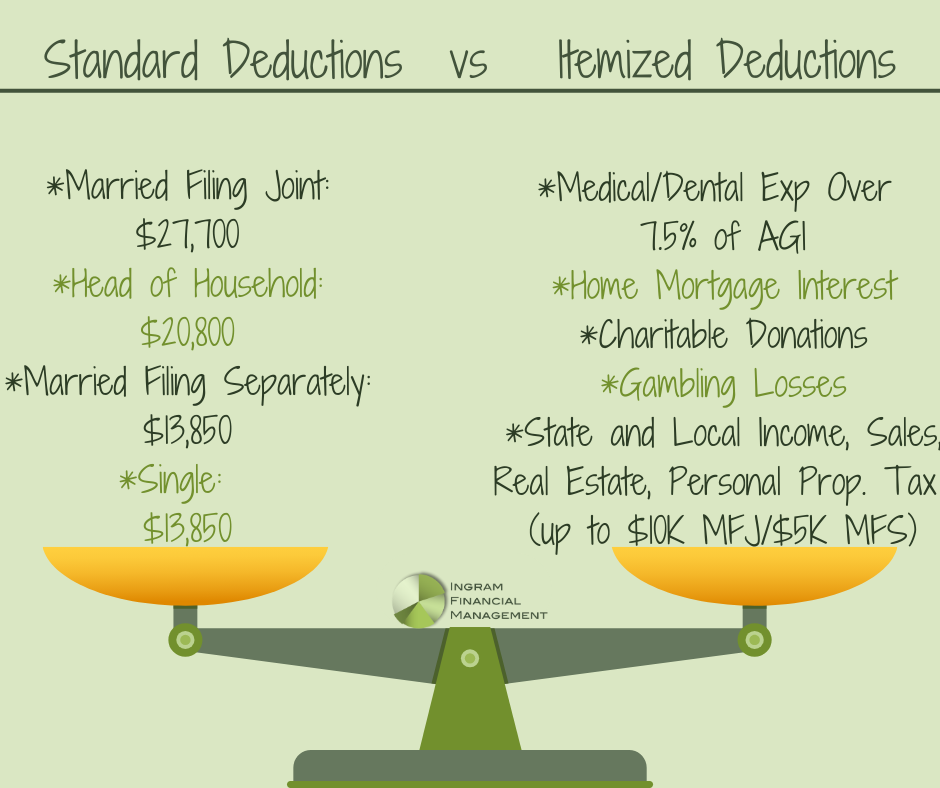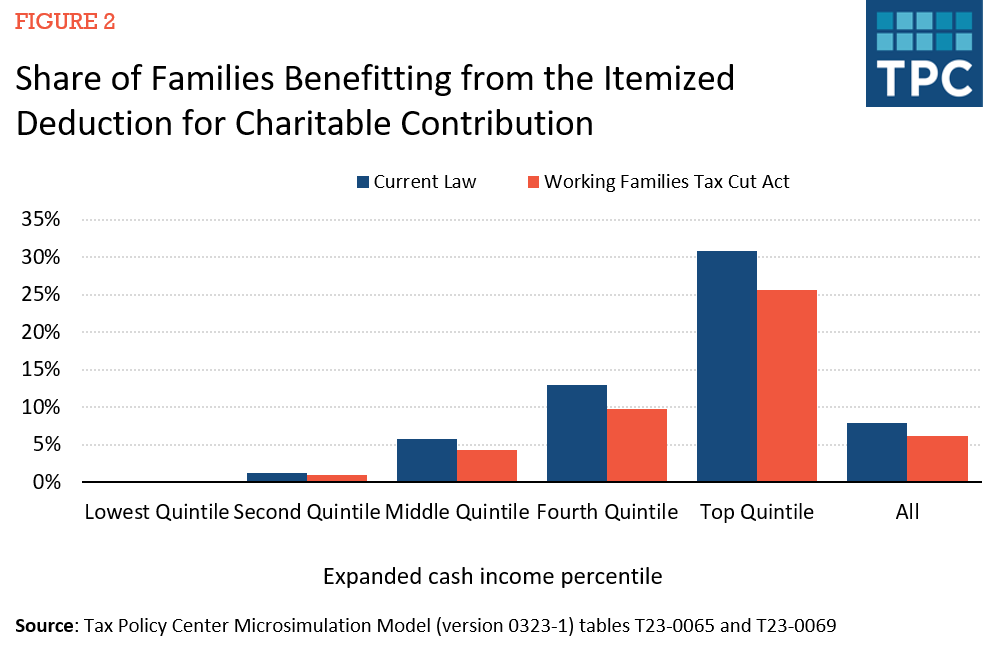A step-by-step walkthrough on calculating the FEIE Standard Deduction
Wiki Article
Everything about the Foreign Earned Revenue Exemption: Optimizing Your Standard Deduction Benefits
The Foreign Earned Earnings Exemption (FEIE) provides a valuable opportunity for united state residents living abroad to minimize their tax responsibilities. Comprehending the qualification standards is necessary for those seeking to benefit from this exclusion. In addition, claiming the conventional reduction can boost general tax obligation benefits. Handling this process involves careful interest to information and an awareness of usual risks. Discovering these elements can offer clarity and optimize potential tax obligation benefits.Recognizing the Foreign Earned Revenue Exemption (FEIE)
The Foreign Earned Revenue Exemption (FEIE) enables U.S. people and resident aliens functioning abroad to exclude a portion of their foreign revenues from government income tax. This provision acts as an economic alleviation mechanism, making it possible for migrants to retain a bigger share of their revenue made in foreign nations. By lowering gross income, the FEIE assists reduce the problem of dual tax, as individuals might likewise undergo taxes in their host countries. The exclusion applies just to gained earnings, which consists of wages, incomes, and professional charges, while passive earnings and financial investment gains do not qualify. To gain from the FEIE, individuals should submit particular types with the IRS, outlining their international revenues and residency - FEIE Standard Deduction. Comprehending the nuances of the FEIE can considerably impact monetary planning for U.S. people living overseas, making it crucial for migrants to remain notified concerning this helpful tax obligation stipulationEligibility Standards for the FEIE
To get approved for the Foreign Earned Earnings Exclusion (FEIE), individuals must fulfill certain eligibility criteria. This includes rewarding residency demands, passing the physical visibility examination, and developing a tax home in an international country. Each of these variables plays a crucial duty in determining whether one can gain from the exemption.Residency Demands
Fulfilling the residency needs is important for people seeking to get the Foreign Earned Earnings Exemption (FEIE) To be eligible, taxpayers need to develop an authentic home in a foreign nation or countries for an uninterrupted duration that normally covers an entire tax obligation year. This need emphasizes the requirement of a deeper link to the international place, moving past mere physical visibility. Individuals have to demonstrate their intent to live in the international country and have actually developed their living circumstance there. Elements such as the length of stay, kind of housing, and regional neighborhood participation are thought about in figuring out residency. Meeting these standards is essential, as failure to do so might disqualify one from taking advantage of the FEIE.Physical Presence Test
Establishing eligibility for the Foreign Earned Earnings Exemption (FEIE) can additionally be achieved via the Physical Visibility Test, which calls for individuals to be physically existing in a foreign country for a minimum of 330 full days throughout a successive 12-month duration. This test is advantageous for those who may not satisfy the residency need yet still reside abroad. The 330 days have to be full days, suggesting that any day invested in the USA does not count toward this total. It is essential for individuals to preserve accurate documents of their traveling dates and locations to support their claims. Successfully passing this test can significantly minimize gross income and improve economic results for expatriates.Tax Home Location
Tax home location plays a crucial function in identifying eligibility for the Foreign Earned Revenue Exemption (FEIE) To certify, an individual have to develop a tax home in an international nation, which indicates their main place of company is outside the USA. This is distinct from a plain residence; the private have to perform their operate in the international nation while preserving a substantial link to it. The internal revenue service needs that the taxpayer can show the intent to continue to be in the international place for an extensive duration. In addition, preserving a home in the U.S. can complicate eligibility, as it may recommend that the person's true tax obligation home is still in the United States. Recognizing this requirement is essential for optimizing FEIE advantages.Exactly how to Declare the FEIE on Your Tax Obligation Return
Asserting the Foreign Earned Earnings Exclusion (FEIE) on an income tax return requires mindful focus to information and adherence to certain internal revenue service guidelines. Taxpayers must initially validate eligibility by satisfying either the bona fide home test or the physical existence examination. When eligibility is verified, they have to finish IRS Form 2555, which details international made earnings and relevant information concerning their tax obligation home.It is vital to report all international revenue precisely and preserve suitable documents to support cases. Taxpayers must additionally understand the maximum exclusion limitation, which is subject to yearly adjustments by the IRS. Filing Form 2555 alongside the annual income tax return allows taxpayers to exclude a part of their foreign incomes from U.S. taxes. It is a good idea to seek advice from a tax professional or Internal revenue service sources for updated information and support on the FEIE procedure, ensuring compliance and maximization of possible advantages.

The Standard Deduction: What You Need to Know
Just how does the typical deduction impact taxpayers' total monetary situation? The basic deduction works as a significant tax obligation advantage, reducing gross income and potentially decreasing tax obligation responsibilities. For the tax obligation year 2023, the standard deduction is set at $13,850 for single filers and $27,700 for married couples filing jointly. This reduction streamlines the filing process, as taxpayers can choose it as opposed to itemizing deductions, which requires detailed record-keeping.
Taxpayers earning foreign income might still assert the typical deduction, gaining from minimized gross income also while using the Foreign Earned Earnings Exclusion (FEIE) However, it is vital to note that the standard deduction can not be combined with itemized deductions for the very same tax obligation year. Recognizing the standard deduction enables taxpayers to make informed decisions regarding their tax techniques, taking full advantage of offered advantages while making certain compliance with Internal revenue service policies.
Approaches for Optimizing Your Deductions
Maximizing reductions under the Foreign Earned Revenue Exclusion needs a clear understanding of earned earnings restrictions and the benefits of declaring housing exemptions. In addition, using Form 2555 successfully can improve the possibility for considerable tax financial savings. These techniques can significantly influence the total tax obligation for expatriates.Understand Gained Income Limitations
While lots of migrants seek to minimize their tax obligation worry, understanding the made revenue limits is necessary for properly leveraging the Foreign Earned Income Exclusion. The Internal Earnings Solution (INTERNAL REVENUE SERVICE) sets specific thresholds that determine the optimum quantity of international gained revenue eligible for exclusion. For the tax year 2023, this limitation is $120,000 per qualified person. Surpassing this limit might cause taxes on the earnings over the restriction, lessening the advantages of the exemption. To make the most of deductions, expatriates should keep exact records of their foreign earned revenue and analyze their qualification for the exclusion annually. Strategic planning around these restrictions can greatly enhance tax savings, allowing migrants to enhance their monetary scenario while living abroad.Declaring Housing Exemption Conveniences
Several migrants ignore the prospective benefits of asserting the Real estate Exemption, which can substantially minimize their gross income. This exemption allows people living abroad to subtract certain real estate expenditures from their gross revenue, making it much easier to satisfy financial commitments without sustaining significant tax responsibilities. To optimize this benefit, expatriates should validate they qualify based upon their home and employment circumstances. helpful site In addition, comprehending eligible expenditures-- such as rental fee, energies, and upkeep-- can improve the overall reduction. Keeping thorough documents of these costs is essential for validating claims. By tactically steering through the Housing Exclusion, expatriates can especially lower their tax obligation worry and maintain even more of their profits while living overseas, inevitably enhancing their economic well-being.Make Use Of Form 2555 Effectively
Using Kind 2555 successfully can substantially enhance the economic benefits offered to migrants, especially after taking benefit of the Housing Exemption. This kind enables people to claim the Foreign Earned Revenue Exemption, which can substantially minimize gross income. To make the most of deductions, expatriates should validate they meet the certifications, consisting of the physical visibility examination or the authentic home test. It is essential to precisely report all foreign gained income and to maintain complete documents of qualification. In addition, utilizing the Real estate Exclusion in tandem with Kind 2555 can further reduce overall tax obligation. By recognizing the intricacies of these kinds, migrants can maximize their tax obligation situation and maintain more of their hard-earned earnings while living abroad.Typical Risks to Prevent When Declaring Your Tax Obligations Abroad

Frequently Asked Questions
Can I Assert Both FEIE and the Foreign Tax Obligation Credit Scores?
Yes, an individual can assert both the Foreign Earned Income Exemption (FEIE) and the Foreign Tax Obligation Credit Score (FTC) They have to guarantee that the very same revenue is not used for both benefits to stay clear of dual advantages.What Happens if I Go Beyond the FEIE Earnings Limit?
Going Beyond the Foreign Earned Income Exclusion (FEIE) earnings limitation causes the ineligibility for the exclusion on the excess amount. This can cause taxable earnings in the USA, calling for appropriate tax filings.Are There Any Kind Of State Tax Obligation Ramifications for FEIE?
State tax implications for the Foreign Earned Revenue Exclusion (FEIE) differ by state. Some states may tax international revenue while others comply with federal exemptions, making it important for individuals to speak with state-specific tax obligation guidelines for clearness.
How Does FEIE Impact My Social Safety And Security Advantages?
The Foreign Earned Income Exemption (FEIE) does not directly impact Social Security benefits. Income excluded under FEIE might influence the calculation of typical indexed month-to-month incomes, possibly influencing future advantages.Can I Revoke My FEIE Election After Claiming It?
Yes, a person can withdraw their Foreign Earned Income Exclusion (FEIE) political election after asserting it. This cancellation has to be performed in composing and submitted to the internal revenue service, adhering to certain guidelines and deadlines.Recognizing the Foreign Earned Revenue Exclusion (FEIE)
The Foreign Earned International Exclusion (Exemption) allows U.S. citizens and people aliens working abroad functioning exclude a portion of section site foreign earnings international federal income tax. Taxpayers making international earnings might still claim the common reduction, profiting from reduced taxed earnings even while using the Foreign Earned Income Exclusion (FEIE) Taking full advantage of reductions under the Foreign Earned browse around this web-site Earnings Exclusion requires a clear understanding of made income limitations and the benefits of declaring housing exemptions. While numerous expatriates seek to minimize their tax obligation worry, comprehending the gained income limits is essential for effectively leveraging the Foreign Earned Income Exemption. Surpassing the Foreign Earned Earnings Exclusion (FEIE) earnings limit results in the ineligibility for the exemption on the excess quantity.
Report this wiki page